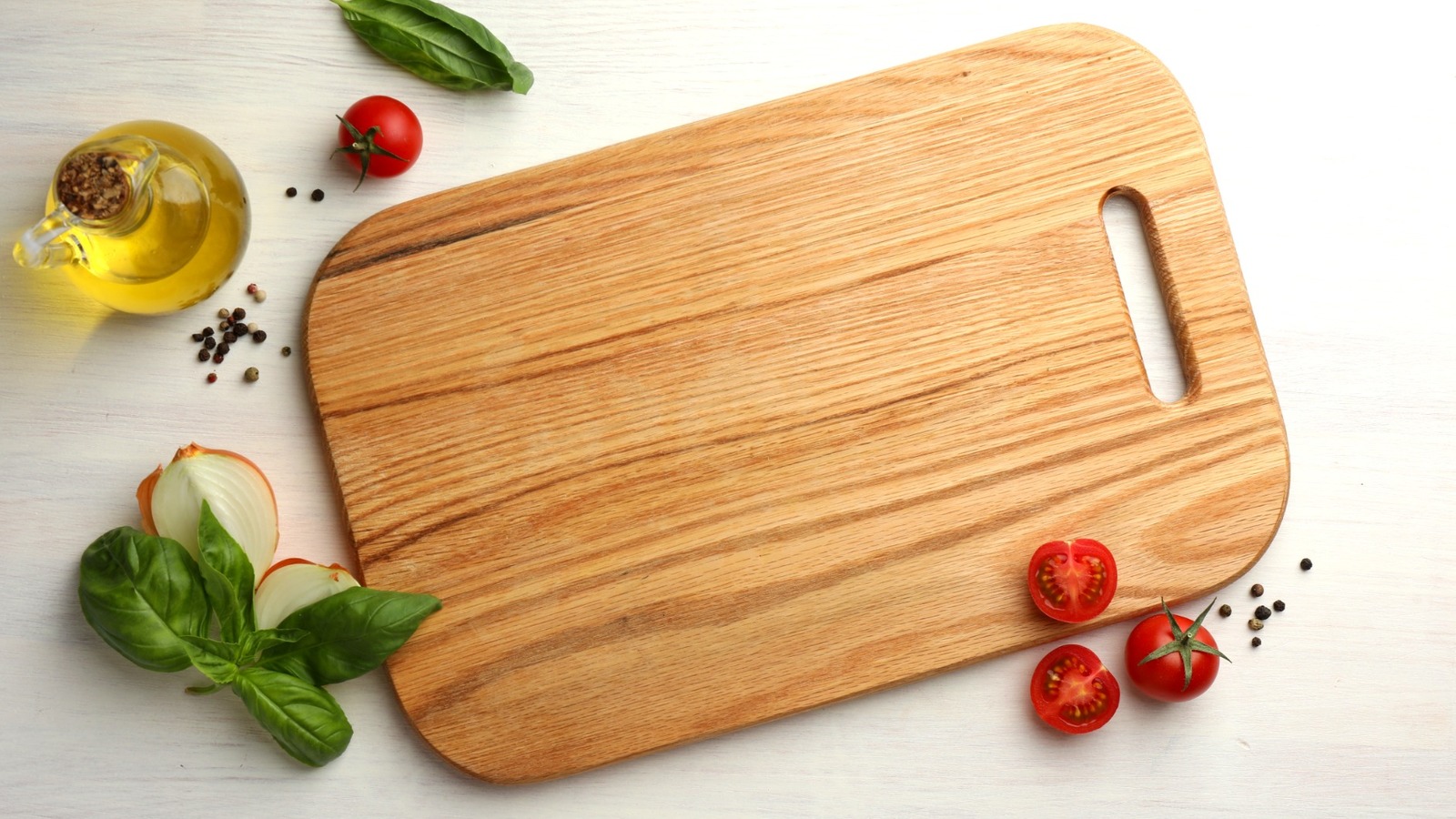
"While plastic cutting boards are cheap, you'll end up paying for them in other ways: They're susceptible to scratches, can dull your precious cooking knives, and even deposit microplastics into your food. Wooden cutting boards avoid these pitfalls and last way longer, so long as you regularly season them with oil. Just be sure to avoid olive and other vegetable oils, or you'll be dealing with a smelly situation."
"Why do these oils easily go bad on a cutting board? Rancidity results from oxygen exposure and can be exacerbated by light and warm temperatures. In a sealed container in a cool, dark place, cooking oils can last quite a while at room temperature. A cutting board, though, has lots of surface area to expose the layer of oil to air. When you use the board, it might see sunlight from a window or get heat exposure from the nearby stove or oven."
Plastic cutting boards are inexpensive but prone to scratches, knife dulling, and microplastic transfer. Wooden boards last longer and resist those issues when regularly oiled. Oiling creates a protective finish that prevents water absorption, cracking, mold, bacteria, and lingering odors. Plant-derived cooking oils such as olive, corn, sunflower, vegetable, canola, and coconut go rancid on wood because oxygen, light, and heat accelerate rancidity on exposed oil layers. Animal fats like lard also go rancid and leave a greasy residue. Wood varnish is not food-safe and will chip under knives, so avoid it.
Read at Tasting Table
Unable to calculate read time
Collection
[
|
...
]